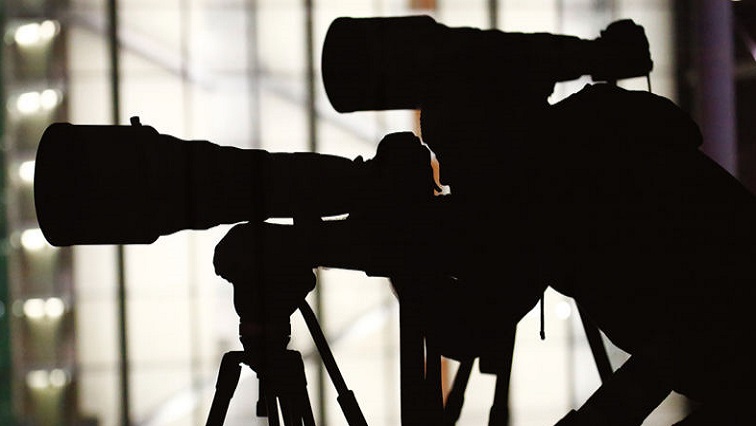The Global South is struggling to bring down COVID-19 infection rates. The Delta variant, which has a higher transmission rate of between 30 to 60%, is becoming dominant in many countries, including South Africa, Indonesia and Zambia.
“Since the pandemic began journalists have been on the frontline and its really necessary to get in that priority list considering the risks that we have for work. For example just yesterday I was out for work because a former president died. I was exposed to many people and makes it necessary to get access to the vaccines,” says Philippines Journalist, Janvic Mateo .
Thousands of journalists have been infected across the globe and many of them have succumbed to the virus.
COVID-19 impact on journalism under spotlight:
SABC News Lesotho correspondent found himself fighting for his life after months of covering the pandemic.
“South Africa was not allowing people to cross without the COVID-19 test. And people were sleeping at the border gate and we were there ensuring it doesn’t turn into a super -spreader. Mine was worse. I was hospitalised at least for up to two weeks with severe condition. I was taken to Senorita Hospital and I’m grateful to those people,” says SABC News’ Rapelang Radebe.
The job often doesn’t offer the option of working from the safety of one’s home. Some Journalist Associations lobbied for their members to be recognised as frontline workers.
“It is important to include journalists as frontline workers because they are always there where it happens. They are there where everything happens, state functions, press conferences, hospitals, army barracks where there is news. They are the first point of call. Everybody needs updates everyday,” says President of Zimbabwe Union of Journalists, Michael Chideme.
Lesotho journalists get AstraZeneca vaccine shots:
Some governments like Malawi and Indonesia agreed and changed the vaccine grouping – bumping journalists up to a higher priority group.
“Initially journalists were not targeted in terms of the COVID-19 vaccine, but through our association – we had to convince government to have journalists included. Amongst key or high risk professions in the third week of the vaccine – journalists in the country started getting vaccine. But I should mention that in the long run it became available to everyone who wanted to get the vaccine,” says Malawian Journalist, Yvonnie Sundu.
“Indonesia journalists were prioritised to get COVID-19 vaccines earlier than other people. I already got my jab in beginning of march and the second jab at the end of march. I just thought that it really us to protect ourselves since this pandemic hits Indonesia hard”, says Indonesian Journalist, Ardhike Indah Schmidt.
Less developed nations continue to beg for vaccines.
The World Health Organisation (WHO) is frustrated that the COVAX facility aimed at equitable distribution is failing due to vaccine hoarding by rich countries and manufactures.
WHO calls on rich countries to share COVID-19 vaccines:






